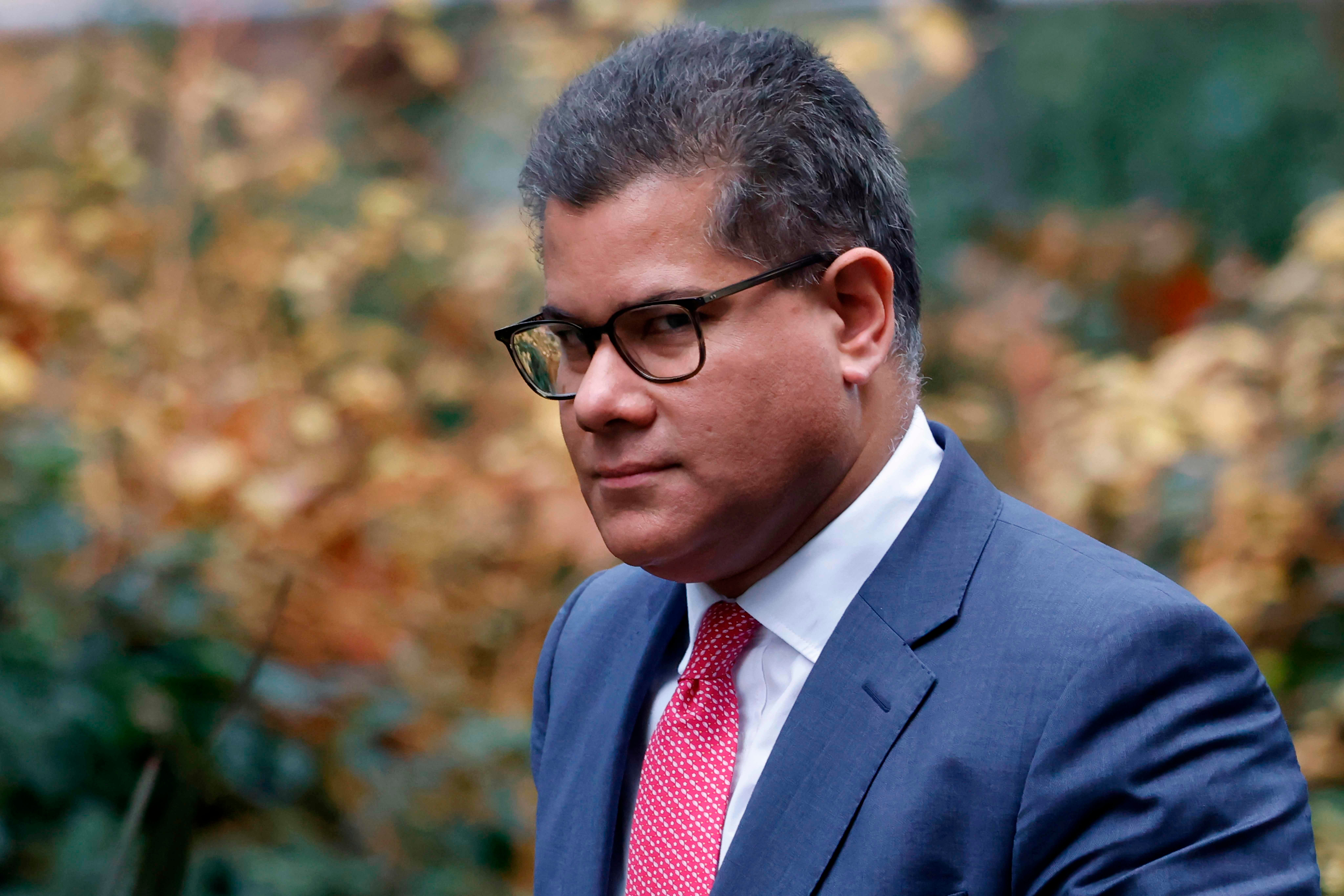Tougher climate plans urgently needed as world still ‘very far’ from meeting Paris goals, says UN
Progress report finds current climate plans would see emissions fall by just one per cent by 2030, when compared to 2010 levels

Your support helps us to tell the story
From reproductive rights to climate change to Big Tech, The Independent is on the ground when the story is developing. Whether it's investigating the financials of Elon Musk's pro-Trump PAC or producing our latest documentary, 'The A Word', which shines a light on the American women fighting for reproductive rights, we know how important it is to parse out the facts from the messaging.
At such a critical moment in US history, we need reporters on the ground. Your donation allows us to keep sending journalists to speak to both sides of the story.
The Independent is trusted by Americans across the entire political spectrum. And unlike many other quality news outlets, we choose not to lock Americans out of our reporting and analysis with paywalls. We believe quality journalism should be available to everyone, paid for by those who can afford it.
Your support makes all the difference.Countries must submit tougher climate plans this year if the world is to meet the goals of the Paris Agreement, the UN has warned.
Under the Paris Agreement, countries pledged to keep global warming to “well below” 2C above pre-industrial levels, with the aspiration of limiting temperatures to 1.5C.
As part of the deal, all countries were due to submit revised climate plans, which are known as “nationally determined contributions” (NDCs), by the end of 2020.
However, a progress report from the UN finds that only 75 “parties” – which includes individual countries and the European Union – met the 31 December deadline. These countries represent just 30 per cent of global greenhouse gas emissions.
And the UN’s analysis of these plans finds that, when considered together, they would see emissions fall by just one per cent by 2030, when compared to levels in 2010.
This is far below the level of reduction needed by 2030 to put the world on track to limiting global warming to 1.5C by the end of the century, the UN said.
A landmark report by the Intergovernmental Panel on Climate Change (IPCC), the global authority on climate science, found that emissions would need to decline by around 45 per cent by 2030, when compared to 2010 levels, to give the world the greatest chance at limiting global warming to 1.5C.
UN chief Antonio Guterres said the interim report should signal “a red alert for our planet”.
“2021 is a make or break year to confront the global climate emergency,” he said in a statement. “The science is clear, to limit global temperature rise to 1.5C, we must cut global emission by 45 per cent by 2030 from 2010 levels.
“Today’s [report] shows governments are nowhere close to the level of ambition needed to limit climate change to 1.5C and meet the goals of the Paris Agreement.”
The report highlights that the world’s biggest emitters, in particular, must significantly raise their ambition this year if the world is to meet its climate goals, he added.
Just two of the world’s 18 largest emitters came forward with more ambitious climate plans by the end of 2020, the report says. This includes the UK and the EU. Some major emitters submitted new climate plans that were no more or even less ambitious than their previous pledges, researchers previously told The Independent.
An upcoming round of UN climate talks known as Cop26, which are to be held in Glasgow in November, will provide a key opportunity for raising climate ambition.

Alok Sharma, the UK minister who has been appointed Cop26 president, said the UN’s findings should “serve as an urgent call to action”.
“I am asking all countries, particularly major emitters, to submit ambitious 2030 emission reduction targets,” he said.
Patricia Espinosa, executive secretary of the UN Framework Convention on Climate Change (UNFCCC), said that the progress report should be viewed as a “snapshot” rather than “a full picture”.
This is because many countries said that they faced difficulties meeting the 2020 deadline due to challenges posed by the Covid pandemic, she said. She added that a second NDC progress report will be released before Cop26.
“This report shows that current levels of climate ambition are very far from putting us on a pathway that will meet our Paris Agreement goals,” she said.
“While we acknowledge the recent political shift in momentum towards stronger climate action throughout the world, decisions to accelerate and broaden climate action everywhere must be taken now. This underlines why Cop26 must be the moment when we get on track towards a green, clean, healthy and prosperous world.”
Mohamed Adow, director of the climate think tank Power Shift Africa, said the results of the UN’s analysis were “staggering”.
“If you would believe the rhetoric of world leaders you’d think they were making great progress and about to solve it,” he said.
“This is why it’s good to have a report that lays out the facts in stark reality.”

Join our commenting forum
Join thought-provoking conversations, follow other Independent readers and see their replies
Comments